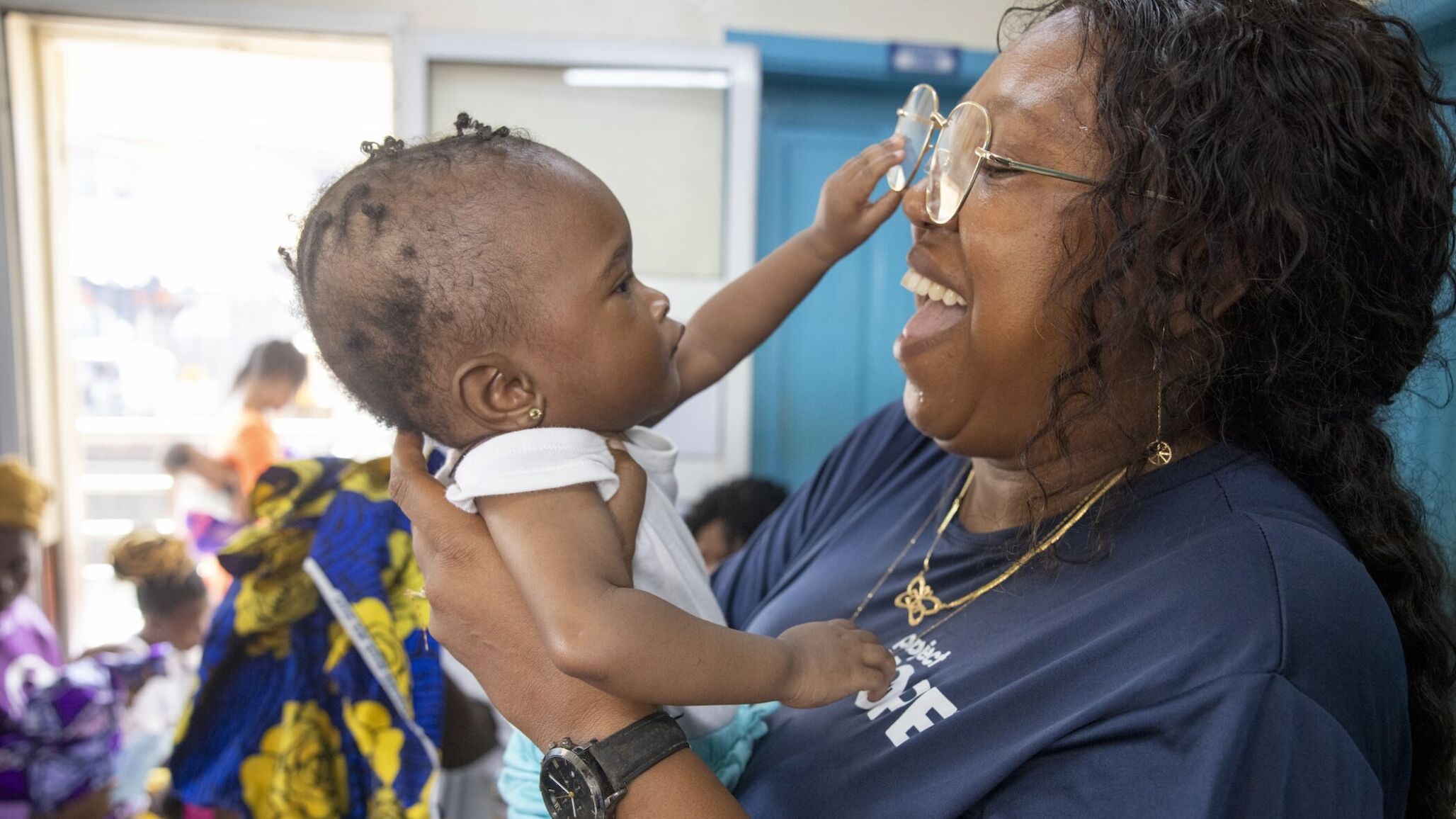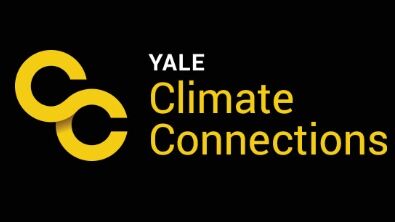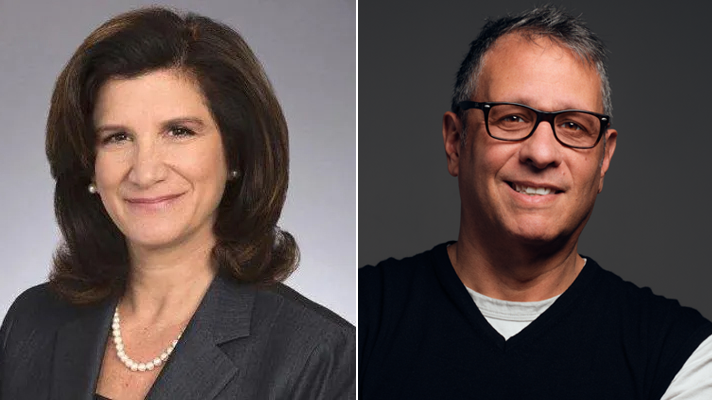The Health Worker Who Changed My Life
For World Health Worker Week, meet a few of the health workers Project HOPE supports who are changing lives in their communities.
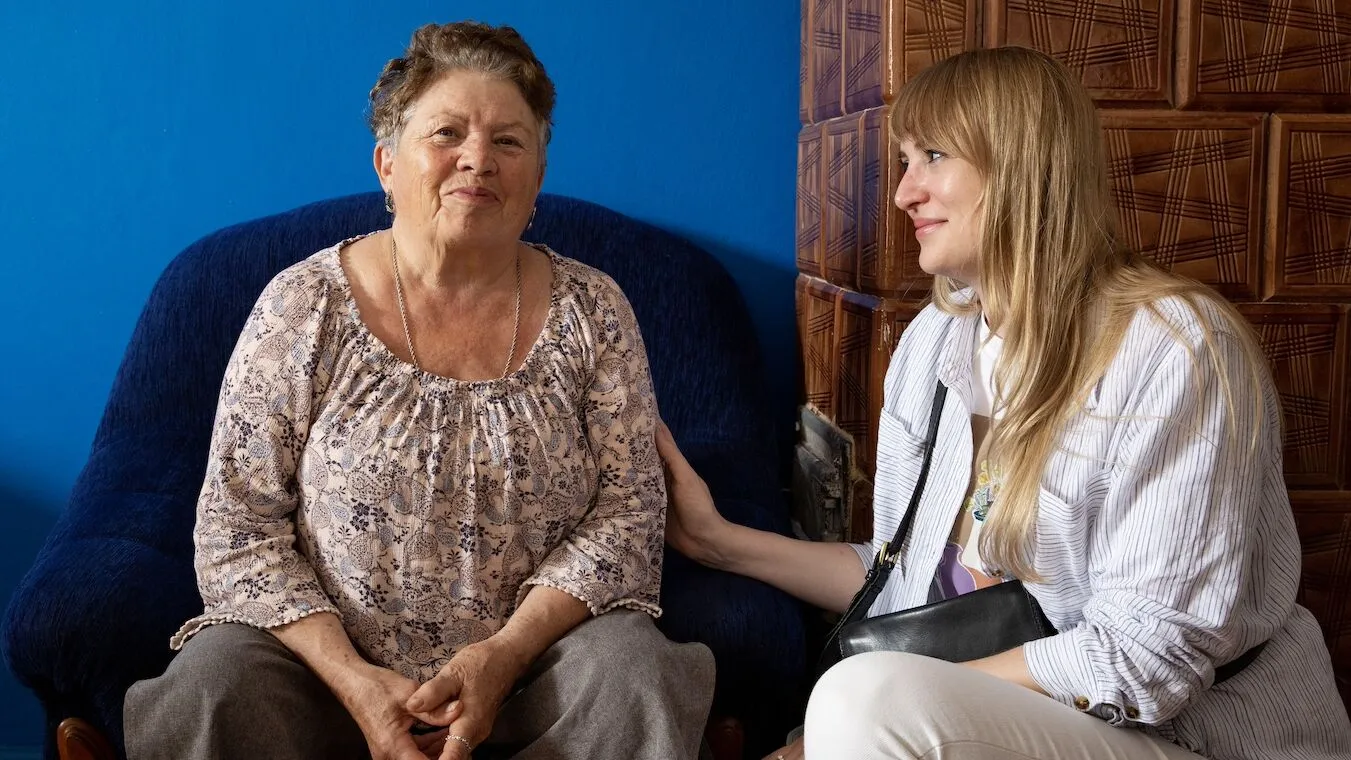
World Health Worker Week is a chance to celebrate the global cadre of health workers who make a difference in their communities. It’s also a chance to double down on investing in their protection and support.
For more than 65 years, Project HOPE has worked every day to ensure health workers feel safe, supported, and empowered to do their jobs. We stand shoulder-to-shoulder with doctors, nurses, midwives, community health workers, and anyone who has committed their lives to building healthier and more resilient communities and a more equitable world.
Read on to meet a few of the patients whose lives have been impacted by our work and hear about the health workers who provided compassionate care when they needed it most.
The Midwife Who Delivered My Daughter in Sierra Leone

Aminata recently delivered her baby girl by cesarean section at Waterloo Community Health Center, a small hospital in Sierra Leone. She spent two days in labor before agreeing to the procedure. She was frightened, but her midwives, Dalanda and Yealie, helped counsel her through it.
“I was afraid. I cried a lot,” Aminata says. “But the doctor and nurses encouraged me. They inspired me. They counseled and reassured me before I made up my mind to allow for the C-section.”
Midwives at Waterloo deliver about 200 babies each month, many of whom are high-risk pregnancies that were referred from outlying rural communities. In January, Project HOPE trained Dalanda, Yealie, and three other midwives at the hospital in essential skills to help resuscitate newborns and provide postnatal care. Before the C-section theater opened two months ago, women who had emergency deliveries would have to find transport to the bigger hospital in Freetown, more than an hour away.
“This training has been very helpful,” Dalanda said. “Now that we have the resuscitation knowledge, we’ll be able to help more babies survive.”
The Psychologist Who Supports Me in Poland
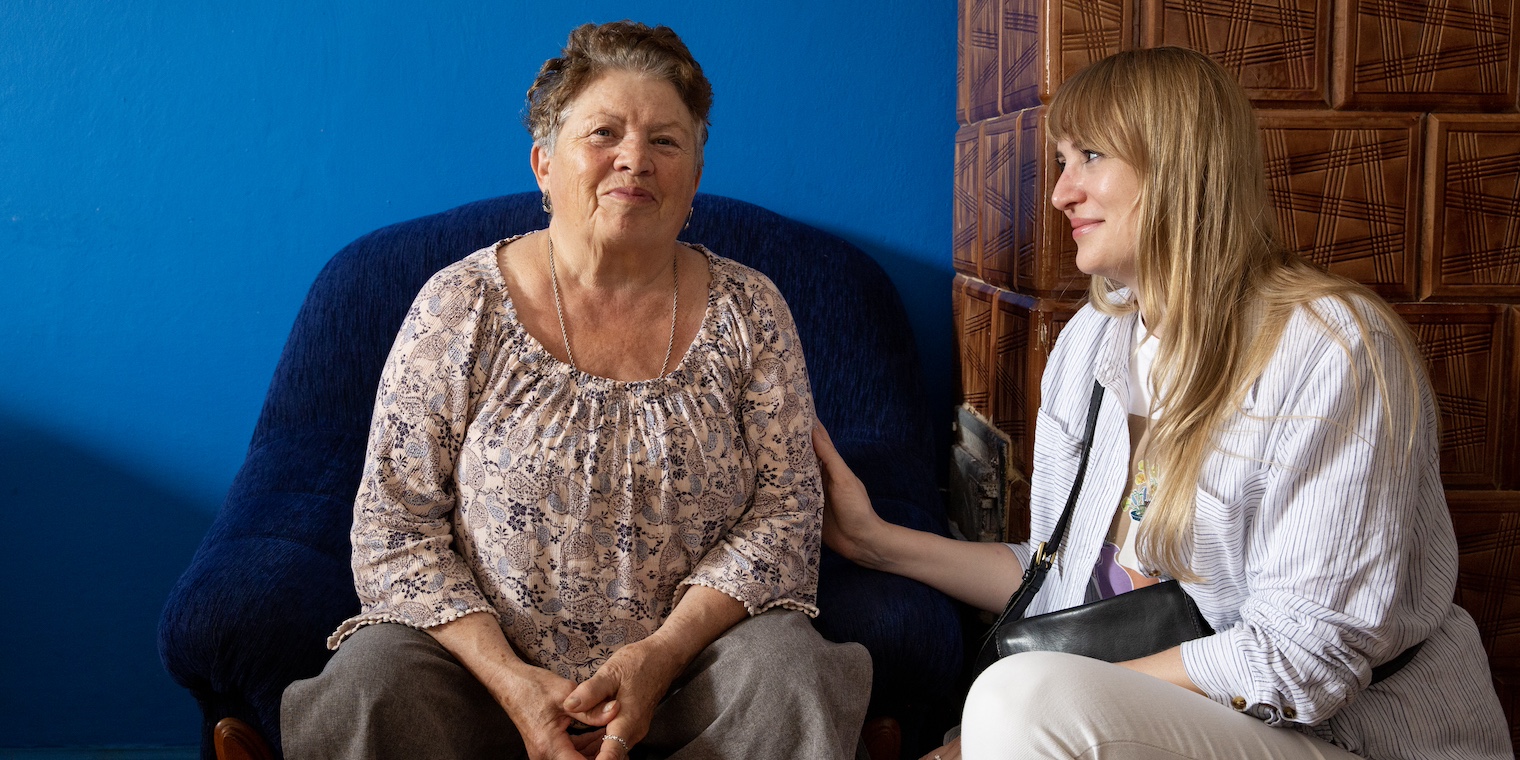
Shortly after the war in Ukraine began, Tetiana’s home in Kharkiv was bombed, forcing her to flee to safety in Poland. Now she lives there alone, in a small shelter for refugees in Krakow, far from her two older sons and husband who were left behind. One of her sons is a pilot in the Ukrainian army. She doesn’t know where he is, and she worries about him every day.
To help calm her anxieties, Tetiana has been meeting with Natalia, a Ukrainian psychologist who works with Project HOPE’s local partner Zustricz Foundation. Natalia visits the shelter each week for one-on-one therapy sessions with residents — many of whom are over 65 and have lived in the shelter for over a year. For Tetiana, counseling has been of great benefit, providing a safe space to open up and process her fears.
“My relationship with Natalia has helped a lot,” she says. “We communicate a lot and she helps me.”
The Doctors in Moldova Who Walked with Me Through Cancer
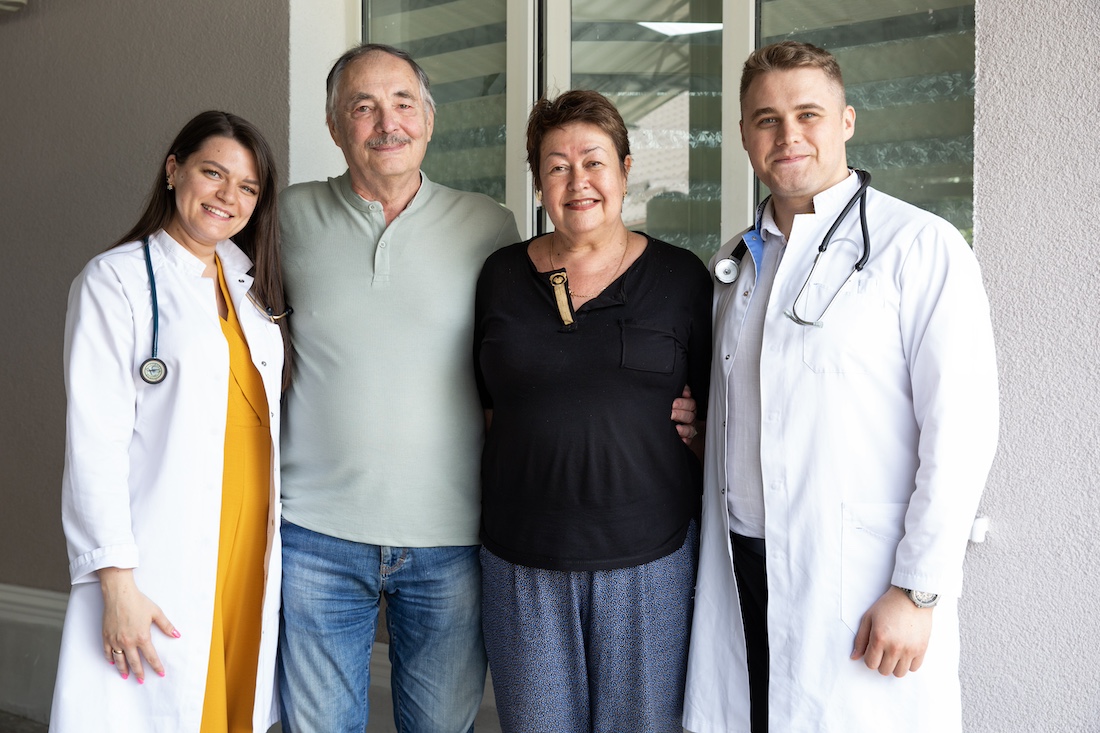
For Serhii, a Ukrainian refugee, the bombardments in Odesa weren’t the only trauma he was facing. While rockets raged outside, he was undergoing chemotherapy treatments for blood cancer.
With his son fighting in the war, Serhii and his wife took their grandchildren to Moldova, where they resettled in Chișinău. They were safe, but far from secure. They had no money, no family, no connections, and no way to continue his cancer treatment — until they found Dr. Igor Ivanes and Dr. Anastasia Ivanes.
The doctors work through Regina Pacis Foundation, Project HOPE’s partner in Moldova, which provides a central location for Ukrainian refugees to access primary and mental health support. Dr. Igor and Dr. Anastasia helped Serhii get an MRI and then translated the results for him so he could hear the good news himself: his cancer had not progressed.
“God sent the address of this institution to me,” Serhii says. “At this center, we’re not only getting medical assistance, but food packages and hygiene products. We also have therapy with a counselor. It was a place that helped me a lot at a moment when I was so anxious, so alone, and a stranger here.”
The Community Health Worker Who Connected Me to Care in Colombia
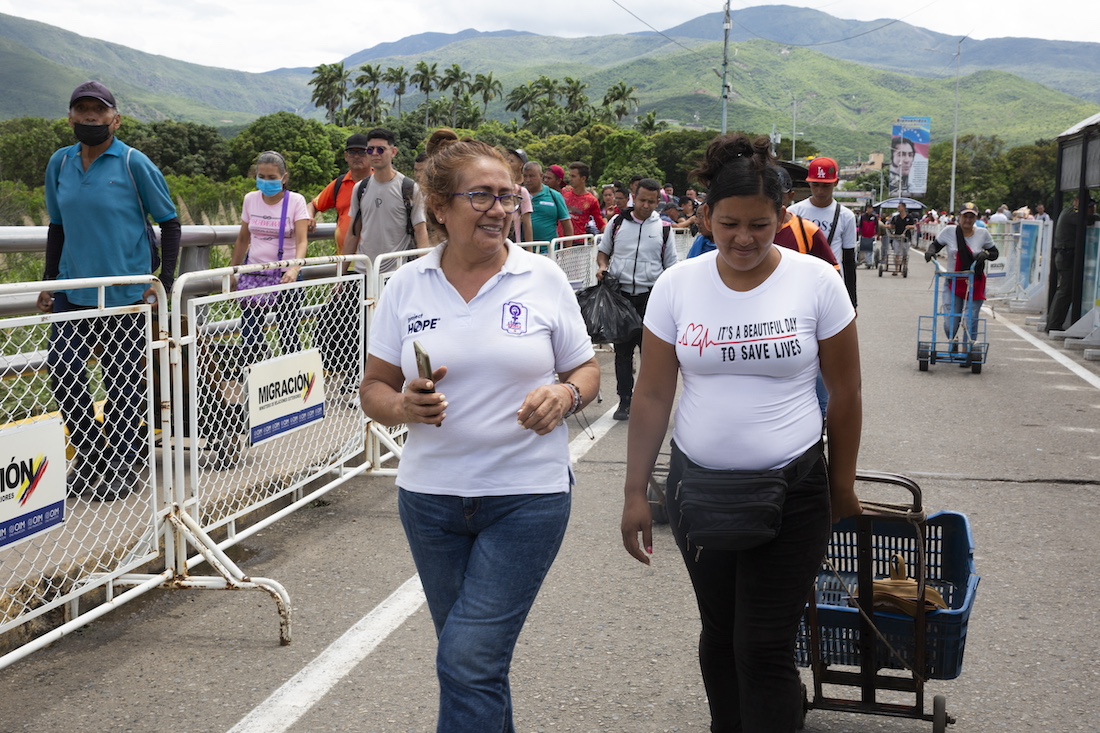
Six days a week, Venezuelan sisters Carmen and Marisol cross the Simón Bolívar Bridge to earn money carrying goods across the Colombia-Venezuela border for others. They have big families to support, and both were expecting new babies when we met them in 2022.
The ongoing crisis in Venezuela has forced millions of people to migrate. For those like Carmen and Marisol who live in Venezuela’s border communities, health care is virtually nonexistent or unaffordable, leading them to seek vital maternal care over the border in Colombia.
During one of their daily trips to Cúcuta, the sisters were introduced to Corporación Mujer Denuncia y Muévete (CMDYM), a local Project HOPE partner that provides Venezuelan women with maternal health resources.
Through CMDYM, Carmen and Marisol gained access to the education and care they needed to stay healthy and feel confident. Carmen attended several workshops and saw a psychologist and a nutritionist.
“They’re very kind,” Carmen says. “We’ve received vitamins too. I’m very glad because we couldn’t pay for an exam in Venezuela. We didn’t have the money.”
The Charitable Clinic That Cares for Me in Georgia

In Columbus, Georgia, Lamar has spent a lifetime grappling with mental health challenges and substance use. Fortunately, he discovered a lifeline at MercyMed, a local charitable clinic that offers a wide range of primary care and counseling services.
In the 12 years the clinic has been open, Lamar has formed close relationships with the clinic’s staff and his doctor, Dr. Grant Scarborough. Since he lives just a few doors down the street, he bikes to the clinic multiple times a week to check in and see the team. To say thank you for the services he receives, he paints pictures that hang proudly on the clinic’s walls.
Thanks to Project HOPE’s support, Lamar and other patients at the clinic were able to get COVID-19 vaccines for free. With funding from the Health Resources and Services Administration (HRSA), Project HOPE supported MercyMed and other free and charitable clinics to improve COVID-19 vaccination rates in low-income and uninsured communities across Georgia, Alabama, Florida, Louisiana, and Texas.
“I’ve been coming here since they opened,” Lamar says. “It was a great experience because it felt like there was somebody there to guide me and direct me in the way I should go. The people here are great. They’ve gotten me food before; they’ve gotten me clothes. I tell people about this place. I say, ‘Go up there and they’ll treat you regardless of what you’ve got.’”
The Community Health Worker Who Helped Me Overcome Fear
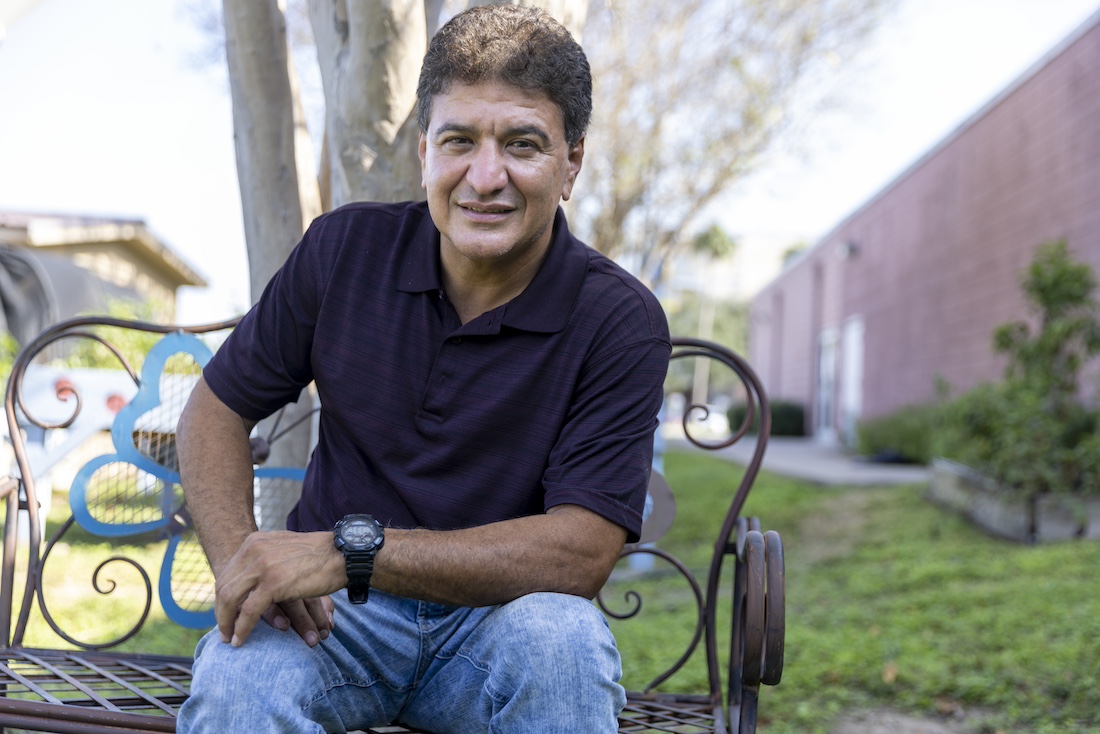
A traumatic childhood event in Mexico left Ramon with a severe phobia of needles. So when COVID-19 vaccines became available, he had no interest in getting one. Plus, a lot of his coworkers had shared conspiracy theories about the virus, so he wasn’t sure it was even a real threat.
But his mind slowly began to change after he started to go to El Milagro – Spanish for “The Miracle” – a charitable health clinic in McAllen, Texas, just minutes from the U.S.-Mexico border. With Project HOPE’s support, the clinic was able to offer vaccination incentives and hire community health workers who served as a critical link to build trust, combat misinformation, and reach the most underserved populations. Ramon’s long-time friend and neighbor Miriam is one of them.
Miriam interacted with Ramon for months, helping him understand the importance of vaccination, especially since he lives with his aging mother. They also helped him overcome his fear of needles. Soon he was fully caught up with all doses and began convincing his friends and family to get theirs too.
“I developed a bond with [the health care team], because I’ve been here for quite a while,” Ramon says. “They’re professionals, first and foremost, and they’re very caring, compassionate people.”
The Mobile Medical Unit Who Restored My Care in Ukraine
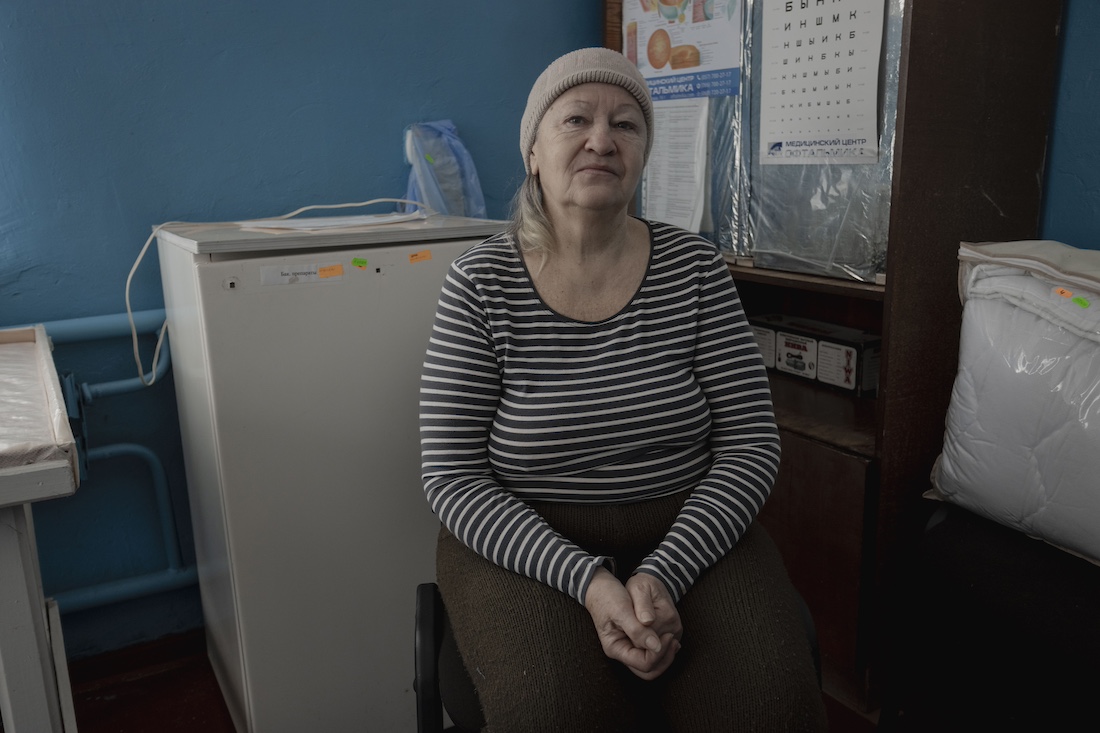
When the school across the street from her home in Kharkiv was bombed, Tetyana and her family decided it was time to settle elsewhere. They ended up in Dobropillia. Before the war, this village was home to 3,500 people. Now it’s nearly double in size due to forced displacement from the war.
Overall, Tetyana is satisfied with her new life in the village, but access to health care has continued to deteriorate as the war in Ukraine rages on. People living in the towns and villages along the front lines typically need to travel to reach a hospital, but public transportation remains limited or even nonexistent in some places.
Project HOPE has been delivering medical aid through mobile medical units (MMUs), prioritizing expanding access to care in the frontline communities like the village where Tetyana lives. These MMUs are a critical link to health care in communities that have been ravaged by the war. In 2023, Project HOPE launched 36 MMUs that provided care to more than 195,000 patients.
“The MMU comes here quite often — a few times a month. The medical services provided are very high quality and timely. You can always get medicines for free and consult with a doctor, check your blood pressure, and make a cardiogram or check the sugar,” Tetyana says. “After the examination, you can immediately get a referral to other doctors. It’s convenient.”

